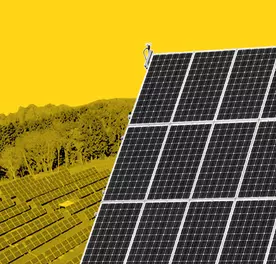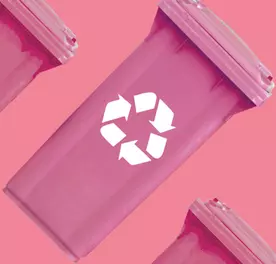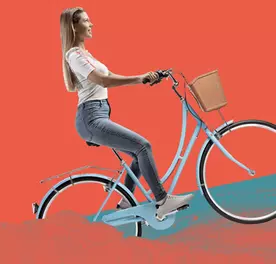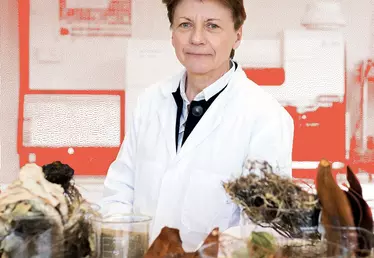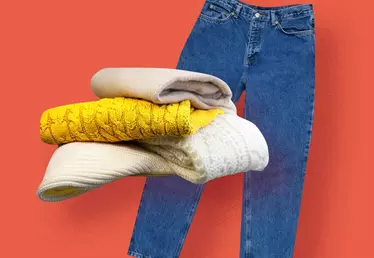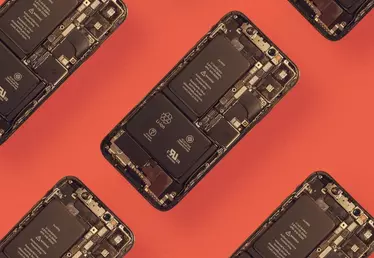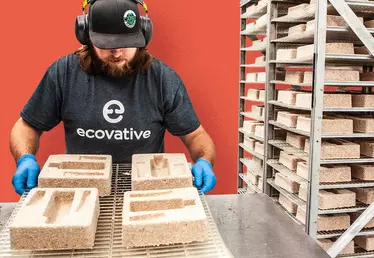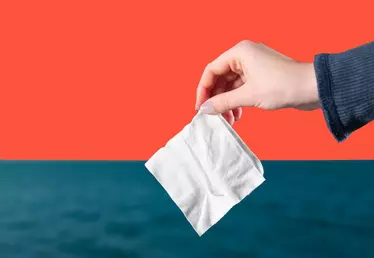
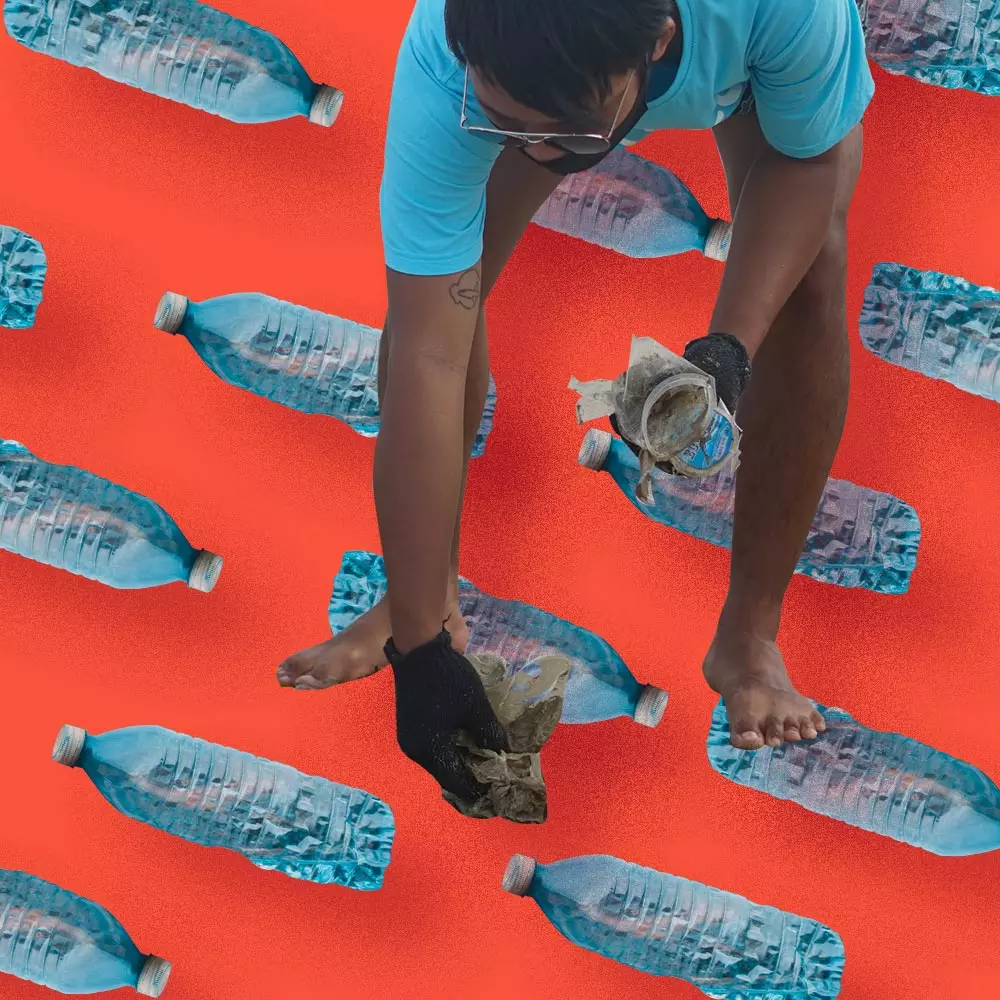
Hero banner custom title
5 projects to inspire change in your city
3 min
Initiatives to reduce the amount of waste in cities thanks to the circular economy are mushrooming all over the world. Here are our top 5 urban initiatives to watch (and copy!).
Whether it’s a question of organizing informal waste management while improving the income of street collectors, recovering (sometimes in a very surprising way!) waste to make into biogas, or involving the public in fighting plastic pollution, great circular ideas to reduce the amount of urban waste are mushrooming in cities.
1. Kabadiwalla Connect organizes informal waste management
In Chennai, where 90% of the waste collected ends up in open dumps, the start-up Kabadiwalla Connect, founded by two young Indian researchers, aims to modernize informal waste management while improving the living conditions and income of street collectors. Supported by Veolia, the company has developed several mobile apps that give street collectors all the information they need to collect and resell waste more efficiently, check prices in real time, plan their daily work and optimize their routes.
2. An English city turns dog poop into biogas for street lighting
In the county of Worcestershire in England, the small town of Malvern uses an ingenious process to produce biogas from dog excrement to power public street lamps. In practice, residents place the bags containing their pet's excrement through a trapdoor placed at the base of the streetlights, then they crank a lever to lower it into a sealed tank the size of a washing machine - an anaerobic digester. The anaerobic digestion of dog droppings produces a biogas that is 60% methane, which is then used light up the streets of Malvern at nightfall.
3. AfricWaste optimizes plastic waste collection
To reduce plastic pollution in Côte d'Ivoire, the AfricWaste project, co-founded by Veolia, is setting up a properly structured plastic waste recovery system that is rooted in the informal collection system. As a first step, a storage point has been set up in the heart of the Akouédo landfill near Abidjan to enable informal collectors to sell the PET bottles they have collected. AfricWaste then launched a mobile app to facilitate their work. It means users can indicate the amount of waste they want removed and its location. The waste is then collected by the nearest collector, who is paid via a mobile payment.
4. Rome's residents exchange plastic bottles for subway tickets
In Rome, public transport users can now exchange plastic bottles for metro tickets. All they have to do is go to one of the three metro stations in the Italian capital that benefit from this system and deposit their used plastic bottles in a specially provided terminal. Each bottle earns them five cents, which is credited to a mobile account. As a ticket costs €1.50, you need thirty recycled bottles to use the metro for free.
5. Guatemalan village boosts local economy by using plastic-free products
The Guatemalan village of San Pedro La Laguna has banned single-use plastics. The mayor wants to rid the local Lake Atitlán of this waste that threatens biodiversity. The village's inhabitants have drawn on their ancestral traditions to replace plastic items by more environmentally friendly objects, such as woven baskets for shopping or banana leaf packaging to preserve food – which also has the benefit of boosting the local economy through these artisan crafts. In two years, 80% of the villagers have stopped using single-use plastics.

